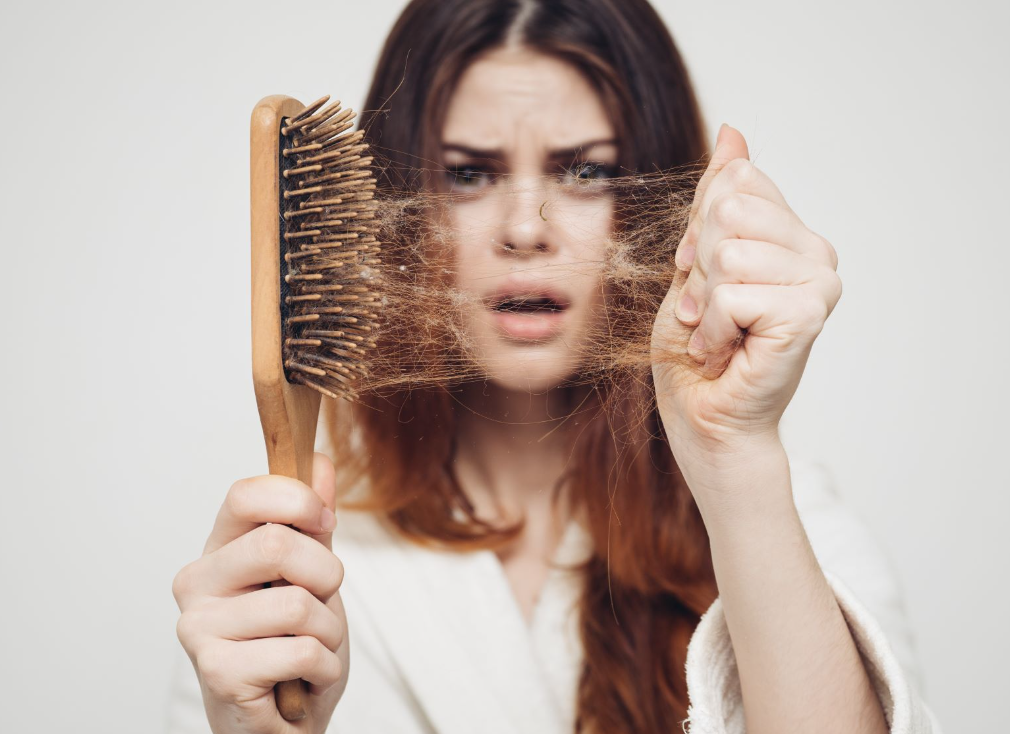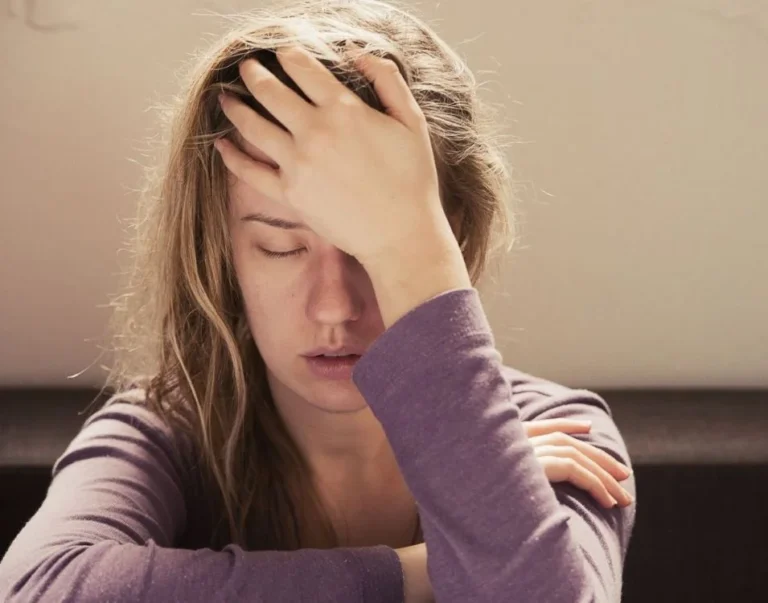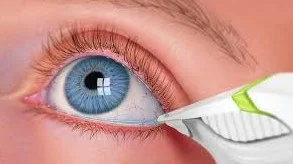Understanding Hair Loss: Embracing Hope and Resilience
Hi there! Let’s talk about hair loss, a common occurrence that many people avoid discussing. Finding out that your hair isn’t as full as it once was can be unexpected. Whether you notice a thinning area or a few additional strands in your brush, it’s quite acceptable to feel a bit anxious or irritated.
The good news is that you’re not by yourself! Numerous factors, including stress, genetics, and even diet, can contribute to hair loss. Knowing why it occurs can help you come up with solutions. Together, let’s investigate the realm of hair loss and learn some useful hints and techniques!
What Is Hair Loss?
Alopecia, often known as hair loss, is a disorder that affects both men and women and causes hair to fall out in different amounts. It might show up as anything from thinning hair to total baldness. Demystifying the experience can be achieved by comprehending the underlying mechanisms. It’s normal for the average individual to lose between 50 and 100 hairs per day, but when this happens more frequently than usual, it can be cause for concern.
Hormonal fluctuations, environmental influences, and genetic predispositions are some of the causes of different forms of hair loss. While some disorders, like alopecia areata, can develop suddenly and cause patches of hair loss, others, like androgenetic alopecia, are inherited and show symptoms gradually. Effectively addressing the issue requires an understanding of these distinctions.
Hair loss can affect emotions in addition to appearance, resulting in self-consciousness and feelings of insecurity. It’s important to recognize that hair is frequently associated with identity and self-worth, making hair loss a complex problem.
Common Causes of Hair Loss
There are a number of frequent causes of hair loss, and knowing them might help identify possible remedies. A key contributing factor to both male and female pattern baldness is genetics. Knowing your family history is crucial because if any members of your family have suffered hair loss, there’s a risk you may as well.
Hair loss is also greatly influenced by hormonal changes. Thyroid issues, menopause, and pregnancy can all cause changes in hormone levels that impact the cycles of hair growth. Particularly in women, these hormonal changes can lead to greater shedding. Understanding how hormones affect a person can help them receive the right kind of treatment.
Environmental elements like food and stress should also be taken into account. Telogen effluvium is a transient type of hair loss that can result from long-term stress that interferes with the hair development cycle. In a similar vein, hair follicles may become weaker due to a lack of vital nutrients including iron, protein, and vitamins. Using stress-reduction strategies and eating a balanced diet could help lessen these effects.
Types of Hair Loss

Hair loss comes in a variety of forms, each with distinct traits and origins. One of the most common types is androgenetic alopecia, also referred to as male or female pattern baldness. It can worsen over time and usually begins with a receding hairline or thinning at the crown. Hormones and genetics are the main factors influencing this kind of hair loss.
Another unique kind is alopecia areata, which is frequently characterized by abrupt round-patches of hair loss. When the immune system unintentionally targets hair follicles, an autoimmune disease results. It can impact anyone, although it usually begins in childhood or adolescence, and its unpredictability can be especially upsetting.
Stress, trauma, or major life changes can cause telogen effluvium, a transient condition. In this instance, there is significant thinning because hair follicles initiate the shedding phase too soon. Since this kind of hair loss is typically curable, it is critical to find and treat the underlying causes in order to encourage regrowth.
Diagnosing Hair Loss
A dermatologist or other medical practitioner must perform a comprehensive evaluation in order to diagnose hair loss. A thorough medical history and scalp physical are usually the first steps in the procedure. The doctor might ask about recent stressors or illnesses that might be causing hair loss, current medications, and family history.
To identify the precise cause of hair loss, a scalp biopsy or blood testing could be required in certain situations. Blood tests can detect nutritional deficiencies or hormonal abnormalities, while a biopsy can show inflammation or scarring. Identifying the exact type of hair loss is essential to choosing the best course of action.
It’s important to remember that some people might find it helpful to monitor their hair loss trends over time. Healthcare professionals can learn a lot by keeping a log of hair loss events, texture changes, and any related symptoms. More efficient treatment programs catered to each patient’s needs may be made possible by this proactive approach.
Treatment Options
Depending on the underlying cause, there are a number of alternatives for addressing hair loss. Both men and women can benefit from over-the-counter hair growth-promoting medications like minoxidil. By increasing blood flow to hair follicles, this topical treatment promotes hair renewal and reduces hair loss.
Men may be prescribed prescription drugs such as finasteride for more severe cases. By inhibiting the hormone that causes hair loss, this oral medicine successfully reduces thinning. Certain hormone treatments that are customized for each patient may also help women who are losing hair as a result of hormonal imbalances.
Aside from medicinal interventions, lifestyle modifications can have a big impact on hair health. Maintaining hydration, controlling stress, and eating a well-balanced diet full of vitamins and minerals can all help to foster hair development. While looking into long-term therapies, people may occasionally think about cosmetic options like hairpieces or extensions to restore their confidence.
Preventing Hair Loss
A mix of preventive treatment and lifestyle changes is frequently required to prevent hair loss. Keeping up a balanced diet that promotes general health and wellbeing is one of the best tactics. Healthy hair need nutrients including omega-3 fatty acids, zinc, and biotin. Lean proteins, whole grains, and a range of fruits and vegetables can all serve as the foundation for healthy, vibrant hair.
Reducing stress is another important way to stop hair loss. Incorporating relaxation methods like yoga, meditation, or deep breathing exercises can be helpful because long-term stress can interfere with the hair growth cycle. Frequent exercise also improves circulation and lowers stress, both of which can improve the health of your hair.
Last but not least, maintaining proper hair care practices is essential. Hair damage can be prevented by avoiding harsh chemical treatments, avoiding excessive heat style, and brushing gently. Frequent scalp massages are an easy yet powerful preventive measure since they can increase circulation and encourage healthy hair development.







